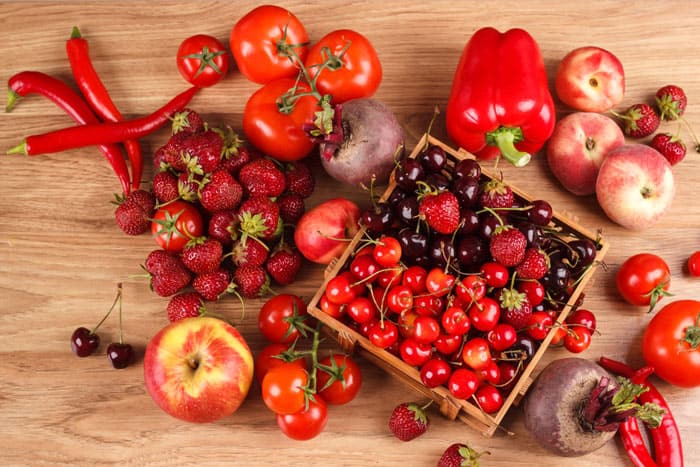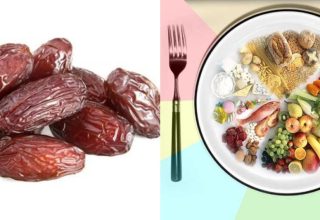What are polyphenols? What are the Benefits?

Polyphenols are natural compounds found in many plant-based foods and are great for your health. Polyphenols are micronutrients found in many plant-based foods and beverages. They have antioxidant properties, so they can play a role in preventing many common diseases associated with oxidative stress.
Oxidative tension occurs when a large number of free radicals in the body dominate the body’s natural repair systems. Free radicals are oxygen-containing molecules with an unequal number of electrons. This makes them unstable, so they look for an electron to pair with the strange one. For this reason, free radicals react easily with other molecules and cause oxidation. Oxidative damage is the main cause of many chronic diseases.
Antioxidants work by donating an electron to free radicals. This donation makes the free radical less reactive, but the antioxidant itself remains stable. When this system is not working properly, your body is more prone to plausible diseases. Polyphenols are the most abundant antioxidant in the human body and come from phytonutrients. Hundreds of polyphenols have been identified in foods. There are two main types: flavonoids and phenolic acids, your recommended dietary intake is about one gram per day.
Different types of polyphenols and their food sources
Polyphenols are responsible for some of the bright and vibrant colors of fruits and vegetables.
Flavonoids are also found in onions, tea, apples, citrus fruits, red fruits, soybeans, grapes and cocoa.
Phenolic acids are found in fruits, vegetables, whole grains, cereals and coffee.
Other polyphenols are found in grapes, red wine, strawberries, raspberries, flax, sesame, and cereals.
How do polyphenols prevent disease?
Because of their antioxidant properties, polyphenols can limit oxidative damage associated with aging and degenerative disease. This means that as we age, the risk of developing more common diseases such as cancer, cardiovascular disease and diabetes type II can be reduced by antioxidants such as polyphenols.
Heart disease According to the World Health Organization, cardiovascular disease is the number one cause of death worldwide. However, many cardiovascular disease events can certainly be prevented by changing behaviors, such as poor diet, physical inactivity, smoking and alcohol consumption.
Type II diabetes is preventable, just like cardiovascular disease. There is valuable evidence pointing to polyphenols and their ability to help prevent disease. A number of polyphenols such as resveratrol, quercetin, catechins and anthocyanins have been shown to reduce bad cholesterol levels in the blood. They also lower blood sugar levels, both of which play a role in the development of type II diabetes. Dietary flavonoids are particularly valuable in dealing with diabetes. This is because they not only have anti-inflammatory effects, but also improve both glucose (sugar) and lipid (fat) metabolism.
We know that cancer polyphenols have anti-inflammatory and antioxidant effects, which should mean they can help prevent cancer. In fact, scientists have heightened their interest in polyphenols as it has been discovered that they can alter cancer cell growth.
Polyphenols are considered prebiotics because they feed the Bifidobacteria in your gut. Therefore, they improve the health of your gut by increasing the bacterial population. The antioxidant properties of some polyphenols also make them promising candidates for the treatment of inflammatory bowel diseases.
- On-Site Comments















Comment